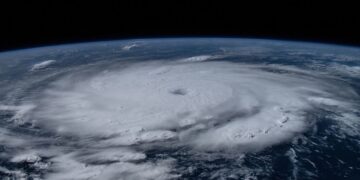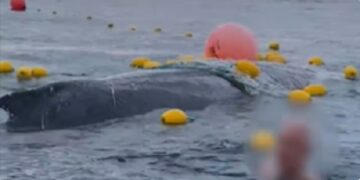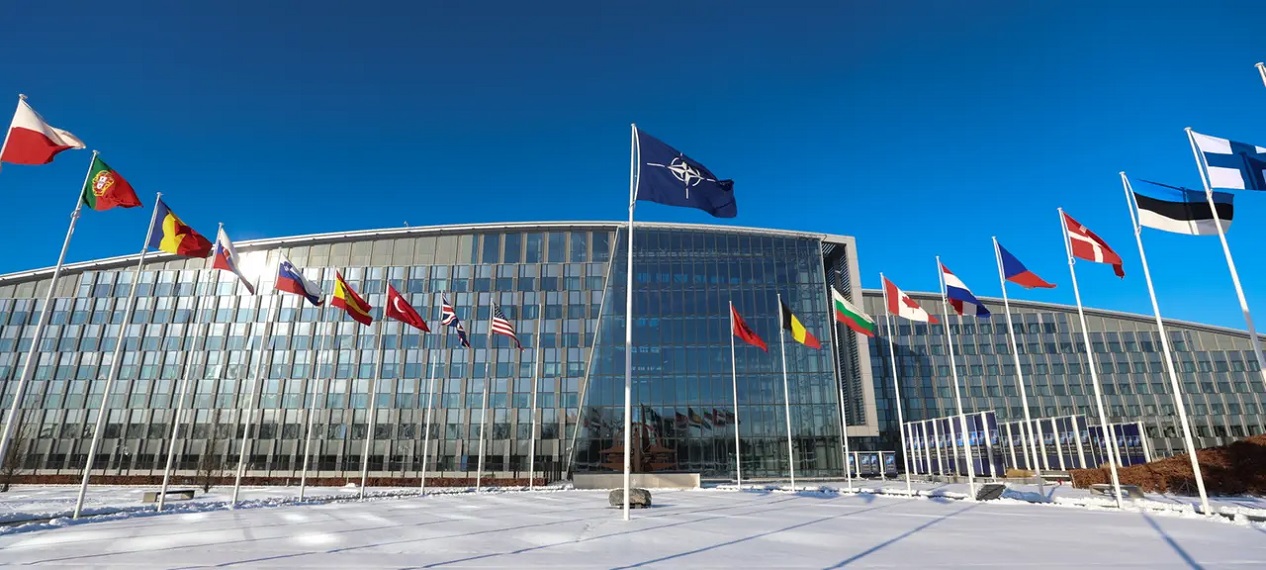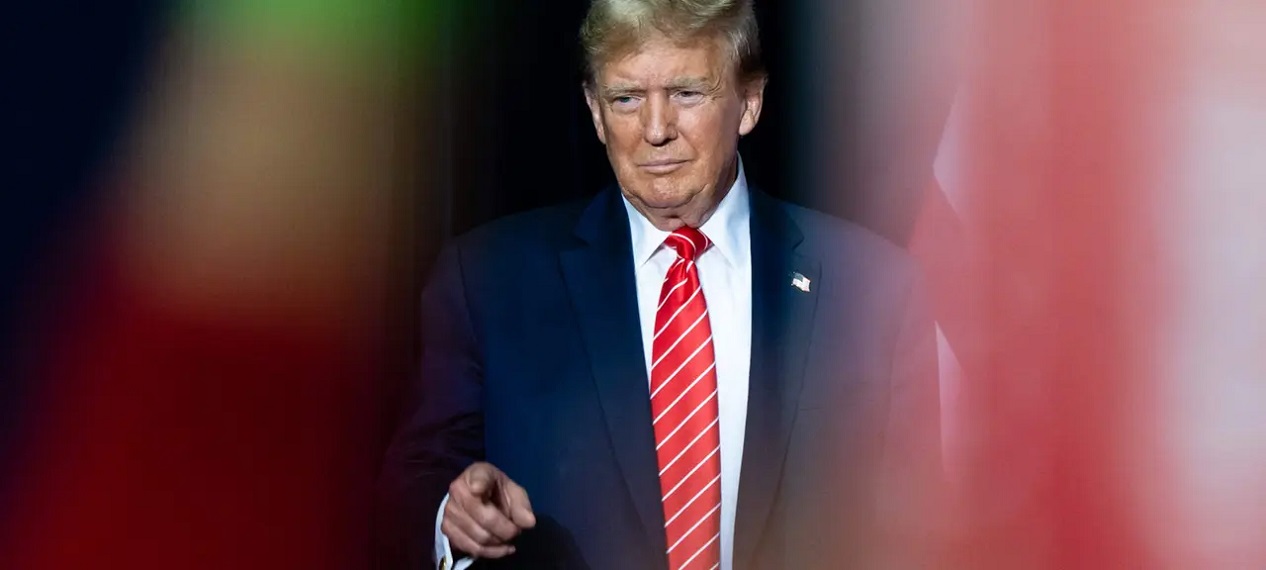 In light of Russia’s aggression towards Ukraine, the significance of NATO has grown increasingly prominent. But what is NATO, who are its members, and what roles do they play? This article provides essential information about the North Atlantic Treaty Organization, including its establishment after World War II as a security institution for the West and its expansion to include former Eastern Bloc countries.
In light of Russia’s aggression towards Ukraine, the significance of NATO has grown increasingly prominent. But what is NATO, who are its members, and what roles do they play? This article provides essential information about the North Atlantic Treaty Organization, including its establishment after World War II as a security institution for the West and its expansion to include former Eastern Bloc countries.
When was NATO established?
NATO was founded in 1949 after World War II. The “North Atlantic Treaty Organization,” or NATO for short, is the security institution of the West. During the Cold War, it served as a counterbalance to the Warsaw Pact led by the Soviet Union.
After the end of the East-West conflict, NATO continued to exist and gained new members from the former Eastern Bloc.
Who is a member of the alliance, and who wants to join?
With currently 31 members, the NATO alliance aims to guarantee security and stability in the Euro-Atlantic region. Most recently, Finland joined the alliance on April 4, 2023. As a response to Russia’s aggressive war against Ukraine, traditionally non-aligned Sweden also applied for NATO membership in May 2022. However, the approval of Hungary is still pending.
What does the much-discussed Article 5 state?
Article 5 of the NATO Treaty is one of the fundamental pillars of the defense alliance. The so-called collective defense clause states that an attack on a member state shall be considered an attack on all.
Former US President Donald Trump recently questioned this mutual defense obligation when he announced that, after winning the election, he would no longer defend “delinquent members,” referring to states that did not fulfill their financial obligations.
Before Article 5 can be invoked, Article 4 of the North Atlantic Treaty comes into effect. The German Ministry of Defense states, “Article 4 consultations of the NATO Council usually take place after serious military incidents or with regard to special security policy events.”
In the history of the alliance, the NATO Council has come together seven times based on this Article. Most recently, Bulgaria, Czech Republic, Estonia, Latvia, Lithuania, Poland, Romania, and Slovakia requested an Article 4 consultation on February 24, 2022, following Russia’s illegal invasion of Ukraine.
Has the collective defense obligation ever been invoked, and how binding is it?
For the first and only time in its history, NATO invoked Article 5 after the terrorist attacks on September 11, 2001, against the United States. The NATO allies supported the US in the fight against terrorists and the occupation of Afghanistan.
According to the German Ministry of Defense, under Article 5, alliance partners are obligated to provide any assistance they deem necessary to respond to the situation. This is an individual obligation for each ally to contribute what they consider necessary and feasible under the circumstances. The ultimate goal of Article 5 is to “restore and maintain the security of the North Atlantic area.”
Experts have different opinions on the binding nature of this obligation, pointing out that it often depends on complex practices.
Who has nuclear weapons?
Within the NATO alliance, the United States, the United Kingdom, and France possess nuclear weapons. Outside the alliance, Russia, Israel, Pakistan, India, China, and North Korea also have nuclear weapons.
According to the Stockholm International Peace Research Institute (SIPRI), the two military superpowers, Russia and the US, possess the largest nuclear arsenals by far. Russia has approximately 5,889 nuclear warheads, and the US has 5,244 nuclear warheads.
This large number of nuclear weapons resulted from decades of arms race during the Cold War between the US and the Soviet Union. Germany does not have its own nuclear weapons but participates in what is known as NATO’s nuclear sharing. This entails that in the event of a conflict, US nuclear weapons stored in participating states would be delivered to their targets by the air forces of the alliance partners.
Nuclear sharing has long been a subject of controversy in Germany. However, even in the wake of Russia’s attack on Ukraine, it continues to be upheld. It also involves the use of F-35 fighter jets acquired under special assets.
What is the significance of the two percent target? Who pays how much – and why does the US contribute so much?
According to the current NATO resolution, each of the 31 member states is supposed to invest at least two percent of their gross domestic product (GDP) in defense. However, few countries have achieved this goal so far.
According to NATO Secretary General Stoltenberg, 18 out of the 31 NATO member states will reach the two percent target for military spending this year.
Germany is finally meeting the set target with around 2.1 percent, marking the first time in a long time. According to documents from the NATO archives, the last time Germany achieved this was in 1992. During the Cold War years, the percentage was mostly over three percent. According to diplomats, Spain, Turkey, and Belgium continue to struggle with meeting the requirement, while France aims to reach the target next year.
According to the Ifo Institute, the countries on NATO’s eastern border have increased their defense spending relative to their GDP the most. NATO countries with a greater geographical distance to Russia are making less effort to achieve the agreed spending goals.
As a result, the United States contributes more than two-thirds of overall defense spending within NATO. This role has developed historically, as the USA traditionally spends record amounts on its security. Calls for other NATO members to spend more on defense were already made under former President Barack Obama.
Currently, only Poland spends a higher percentage of its GDP on defense than the United States.
What specific roles has Germany taken on within NATO?
According to the German government, Germany, through the Bundeswehr, is involved in both international NATO missions, such as in Kosovo, and in collective defense.
Germany often takes on a leading role within NATO, such as in air policing in Estonia or as the framework nation of a multinational NATO contingent in Lithuania since 2019.
In 2002, Germany also participated in the International Security Assistance Force (ISAF) mission and the subsequent NATO training mission in Afghanistan. 59 Bundeswehr soldiers died during the mission, which abruptly ended in 2021 with the evacuation of the remaining Western troops and the Taliban taking over.












